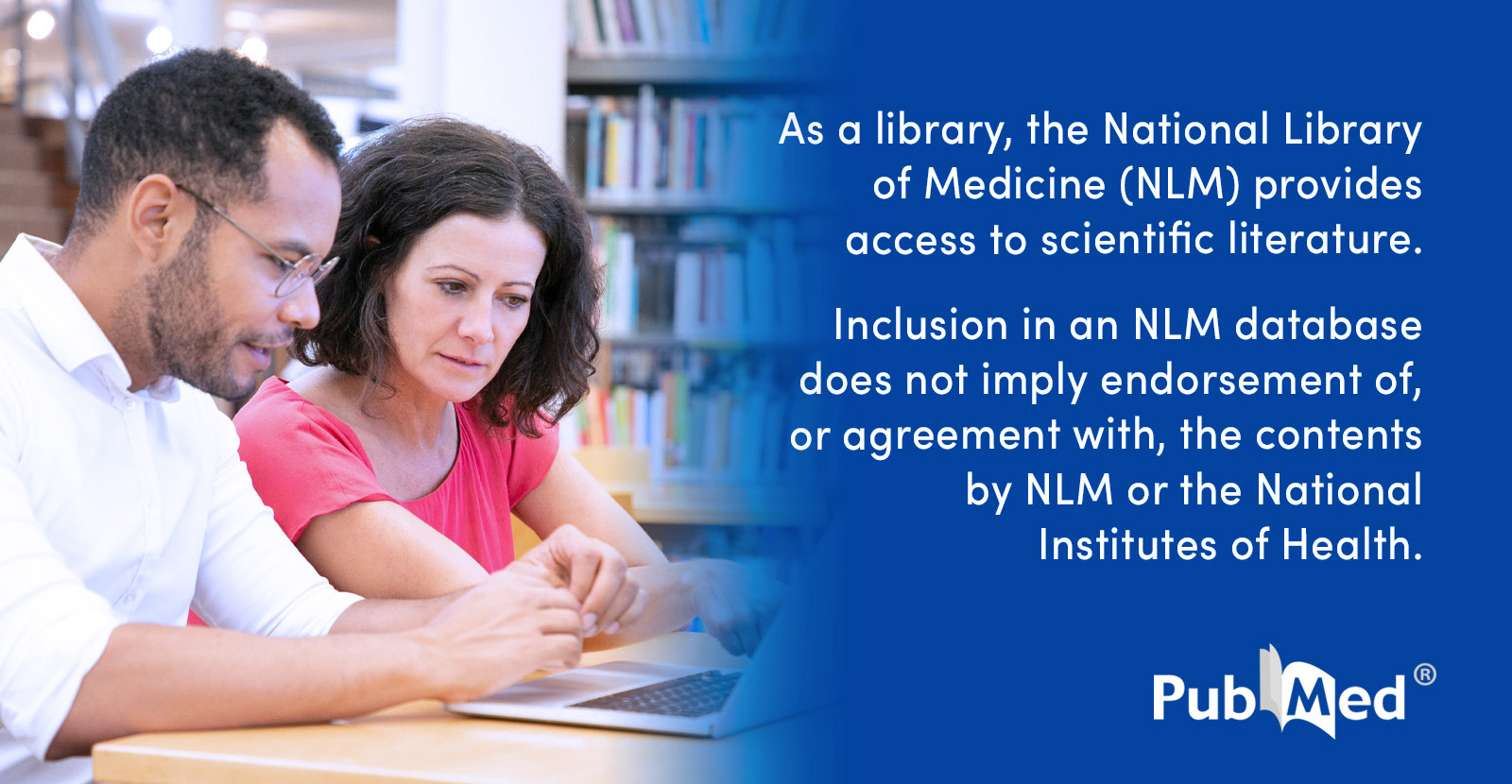- Joined
- May 11, 2011
- Messages
- 3,428
Post articles that are a bit silly and a bit cool here.
This article below is exactly what you think it is. Scientists trained monkeys to play pac man by rewarding them with various drops of fruit juice based on different actions (some for eating small dots, more for eating the power ups, even more for eating ghosts and fruit).
Afterwards they used machine learning to identify the strategies the monkeys were using and it was found that like humans they use multiple different strategies, switching depending on context.
Monkey plays Pac-Man with compositional strategies and hierarchical decision-making
This article below is exactly what you think it is. Scientists trained monkeys to play pac man by rewarding them with various drops of fruit juice based on different actions (some for eating small dots, more for eating the power ups, even more for eating ghosts and fruit).
Afterwards they used machine learning to identify the strategies the monkeys were using and it was found that like humans they use multiple different strategies, switching depending on context.
Monkey plays Pac-Man with compositional strategies and hierarchical decision-making





